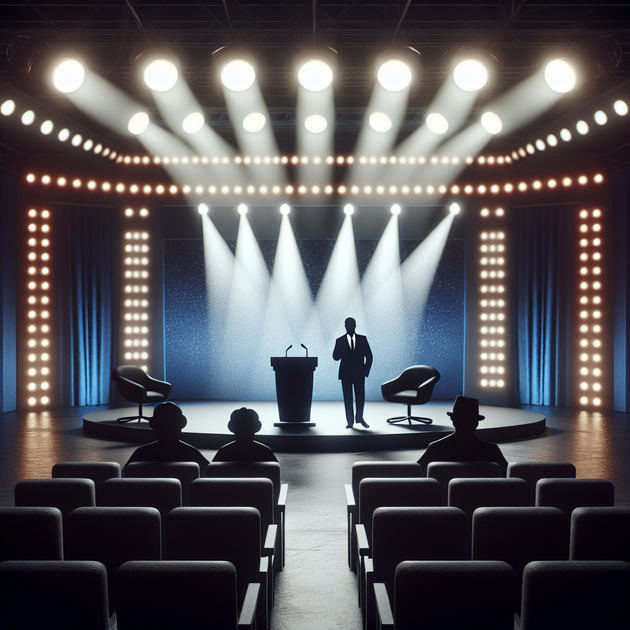Yes, Jimmy Kimmel’s Suspension Was Government Censorship
Have you ever wondered where the line is between keeping things appropriate on TV and outright silencing someone? The recent buzz around Jimmy Kimmel’s suspension has sparked a big debate online—was this just a network decision or did it cross into actual government censorship?
Let’s break down what happened to Kimmel, what “government censorship” really means in this case, and why anyone who cares about free speech should pay attention.
What Actually Happened With Jimmy Kimmel?
To start with the basics—Jimmy Kimmel was suspended from his late-night show after making some controversial jokes that apparently didn’t sit well with certain authorities. While late-night TV hosts often push boundaries with political satire, this time it led to real consequences.
But here’s the twist: according to several reports (and the heated Reddit discussions), there were strong hints that pressure came not just from network executives but also from higher up—the kind of “higher up” that gets people talking about government censorship.
So was this just a network worried about advertisers—or did someone in power step in because they didn’t like what he said?
What Is Government Censorship Anyway?
Before we start pointing fingers, let’s define our terms. In simple words, government censorship happens when authorities use their power to limit or stop certain kinds of speech—especially when it comes to criticism or satire.
Here are some common ways government censorship shows up:
- Directly banning content from being aired
- Threatening fines or legal action over “offensive” material
- Putting pressure on networks behind closed doors
- Using licensing rules as leverage
- Punishing individuals who speak out against officials
With TV networks in particular (which are regulated by agencies like the FCC), there’s always a bit of a gray area between following guidelines and being pressured into silence.
The Fine Line Between Regulation and Censorship
It might sound reasonable for networks to have standards—nobody wants hate speech or calls for violence on air. But when those standards are used as an excuse to clamp down on political jokes or criticism of leaders, that veers dangerously close to government censorship.
Here’s where it gets tricky:
- If a network suspends someone solely because they worry about losing viewers or sponsors—that’s business.
- If they do it because someone in the government is unhappy—that’s a red flag for free speech.
An anecdote comes to mind: years ago, comedian George Carlin famously fought legal battles over his “Seven Words You Can Never Say On Television.” Back then, the FCC fined broadcasters who aired “indecent” content—but critics argued that was just another way for the government to control what people could say.
Kimmel’s case might not be as explicit as Carlin’s legal fight, but if public officials even hinted at consequences unless action was taken against him—that sure looks like government censorship happening under the radar.
Why Does This Matter For Free Speech—and For Us?
When comedy shows get pulled off air because someone powerful gets offended, it’s not just about one celebrity losing their job. It’s about setting a precedent where creative expression can be stifled by anyone with enough influence.
Why should you care?
- Comedians are often the first targets—but artists, journalists, and everyday people could be next.
- Censorship erodes trust in both media and government.
- When boundaries aren’t clear, everyone feels pressure to self-censor “just in case.”
- Healthy democracies need space for dissent—even if it comes disguised as a joke.
If we let these incidents slide without questioning them—or worse, shrug them off as just another day in showbiz—we risk losing one of our most basic freedoms.
So next time you see headlines about someone being suspended or banned from speaking out on TV (or online), ask yourself—who really made that call?
What do you think? Was Jimmy Kimmel’s suspension an example of necessary oversight or a worrying case of government censorship creeping into entertainment?

Leave a Reply